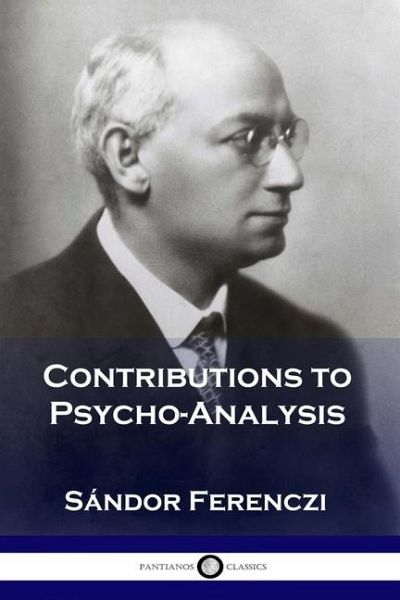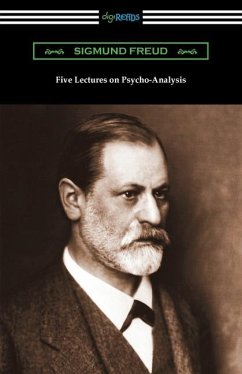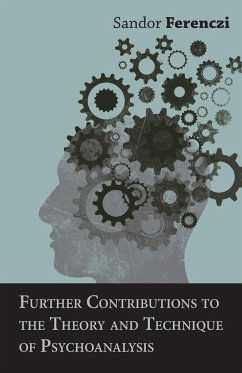
Contributions to Psycho-Analysis
Versandkostenfrei!
Versandfertig in über 4 Wochen
14,99 €
inkl. MwSt.

PAYBACK Punkte
7 °P sammeln!
Sándor Ferenczi details several of his most notable contributions to psychology and psychoanalysis in this series of essays, including his ideas about dream theory and symbolism. Ferenczi was interested in a range of subjects relevant to mental health. He was an early investigator of developmental psychology in children, observing the age at which they arrived at an conceptual understanding of reality. He recognized that childhood is a time of immensely important development; a poor upbringing is a common factor in mental ill-health later in life. Ferenczi established that trauma and fears of...
Sándor Ferenczi details several of his most notable contributions to psychology and psychoanalysis in this series of essays, including his ideas about dream theory and symbolism. Ferenczi was interested in a range of subjects relevant to mental health. He was an early investigator of developmental psychology in children, observing the age at which they arrived at an conceptual understanding of reality. He recognized that childhood is a time of immensely important development; a poor upbringing is a common factor in mental ill-health later in life. Ferenczi established that trauma and fears of specific objects or phenomena acquired in childhood can persist into maturity. Departing from the Freudian ideas of his time, Ferenczi considered direct experience and discussion with individuals to be important when establishing their state of mind. Rather than simply listening to the patient's thoughts, he would question and occasionally interrupt their responses to gain a deeper insight. Expressing empathy for the patient is also considered important, that the state of mind be clearer to the psychoanalyst who is appreciated for demonstrating genuine interest and care.












